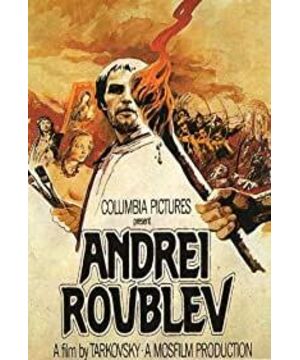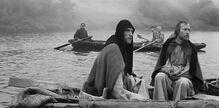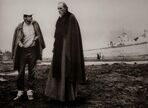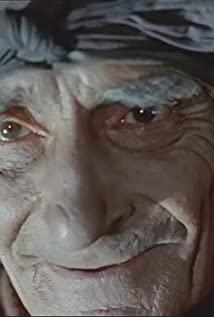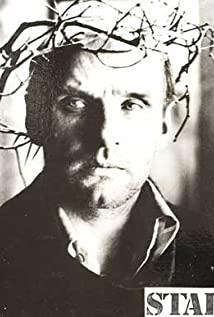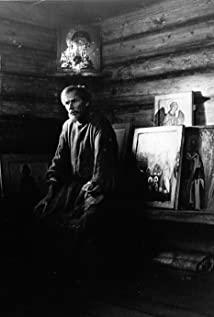I used to think that belief was dead and just sought a system to explain the world. In the church, a group of anti-intellectuals who force everything to the Bible can keep coming up with chicken soup for the soul. Under such circumstances, I could not feel the vitality and vitality of my faith. It was quite shocking to see Tarkovsky's film "Andrei Rublev". The icon painter Andrei Rublev witnessed the suffering of all beings on the way, and because of saving people, he killed his compatriots and lived in the torment of sin and punishment. He began to doubt his beliefs, and at one point he saw no hope, and was in so much pain that he couldn't paint. In the end, he obtained the salvation of his soul under the bell prayer ceremony of the Orthodox Church, and got out of the torment and pain. This prayer ceremony in the Orthodox Church symbolizes the expulsion of all evil spirits and the purification of the souls of all people in the world. He was relieved after seeing the peace and joy from the heart of the people present. He finally understood that suffering regenerates people, and he can draw the perfect "Trinity" icon in his heart. [Tears] The beliefs of Tarkovsky and Andrei Rublev are alive and full of artistic flavor. , beautiful and sublime [tears] [tears] [tears] Now that I think about it, among the theologians, I also have feelings for Augustine's beliefs. Let's talk about Augustine. Augustine was a Manichean in his early years, and his life was muddled. Later, he came into contact with Neo-Platonism philosophy and then merged into Christianity. He introduced Neo-Platonism into Christian theology, so that Christian theology could be fully systematized into a system. I can't imagine now where theology would go if Neoplatonist philosophy was not introduced into Christianity, reject "Athens" (philosophy), and rely solely on Tertullian's "belief because of absurdity" (Jerusalem) words. How to become. Because Augustine was a commoner and had no Greek education, he could not read the original text of Plato at that time. But he is full of infinite praise and praise to Plato in "City of God". Now that I think about it, I was really lucky to read this part of "City of God". Plato was called by Augustine "the closest person to God" outside the church, and some say it was Augustine who baptized Plato himself. This is the highest compliment a Christian can give to a "Gentile" (non-Christian believer). I don't know of anyone other than Plato who has enjoyed such high praise, or from a great patristic theologian. I can feel that Augustine's belief is full of warmth. Plato is the "savior" of his beliefs in his life, and he sincerely appreciates and admires Plato.
View more about Andrei Rublev reviews


